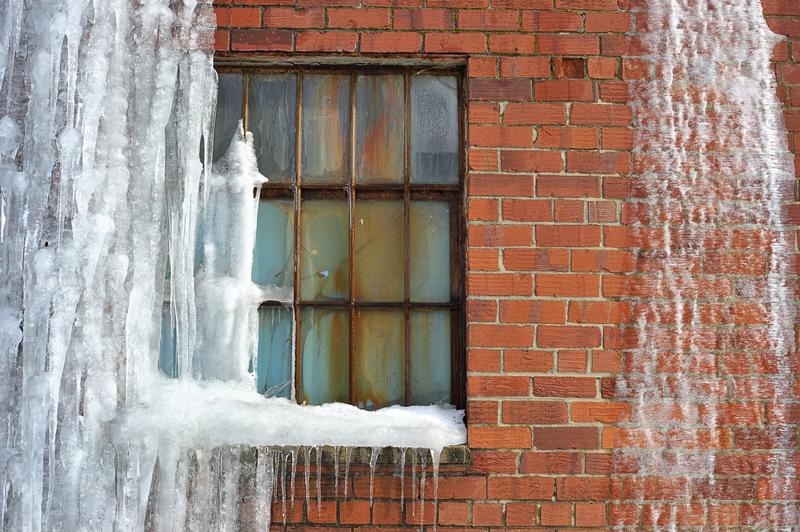Small changes that can have a big effect on your home heating bill
Winter can bring about expensive home heating bills, and this can feel like an unavoidable cost. You don't want your family to be cold, and major renovations can take time and money to complete. Fortunately, small changes can add up to make your home more efficient at retaining heat. This makes things more comfortable and lowers your monthly utilities.
This winter, consider these little projects around the house that can have a positive effect on your heating bill:
Seal any possible gaps
The first place to begin when making your home more efficient is to identify and block any openings that allow the warm air in your home to escape. This means assessing windows, door frames and other obvious openings and making sure that there aren't drafts.
"Less conspicuous gaps can be equally detrimental."
Many homeowners are aware of this problem, but Popular Mechanics reported that smaller, less conspicuous gaps can be equally detrimental. Electrical boxes, piping and other places that are a little more tucked away can represent opportunities for warm air to exit your home.
Grab sealant at the local hardware store and make sure these areas are carefully closed off.
Seal your chimney
Whether it's a traditional fireplace, a wood burning stove or a more modern style, neglecting to firmly close your chimney can let warm air easily escape your home. If you don't use your fireplace, simply closing the flue might not be enough. Try choking your chimney to avoid this problem.
Insulate your windows
Even window frames that are well-sealed can still be a problem in the winter. Storm-proof, insulated models are better at retaining heat, and are a good investment for your home. For a quicker solution, however, you can use plastic film to cover the glass and limit the amount of heat that is transferred to the outside air. If you have glass storm inserts, keep these closed, as a layer of air can serve as effective insulation.

Investigate the attic and basement
Once you've made sure the main parts of your home are well-suited for the cold weather, make sure your attic and basement areas are also reliable. These areas can be neglected, and as such may have wear and tear that otherwise undermines your home heating system.
Opting for insulation can be a wise investment, and This Old House found that homeowners can see a quick and steady return from installing or replacing insulation. For older homes, this can be an especially effective option.
Install an electric tankless water heater
Beyond paying for gas or oil, your total home heating costs can be a product of how much electricity you use. When it comes to making sure you have hot water throughout the winter, your existing hot water heater might be struggling to keep pace. An electric tankless system is the best, most modern option for your home. This way your family can enjoy endless hot water at a fraction of the cost.
Turn down the thermostat
Making small changes around the house is an effective way to making your home heating system more efficient, which in turn reduces how hard it must work to maintain a steady, comfortable temperature. Your next step for lowering your utility bills should be to lower your thermostat slightly.
Even a modest change can greatly reduce your bill, and usually you won't notice a difference of a few degrees. If you turn down the thermostat by several degrees, simply encourage your family to wear warmer clothing. Consider lowering the thermostat while you're at work or over night if you prefer to keep it where it is while you and your family are most active.
